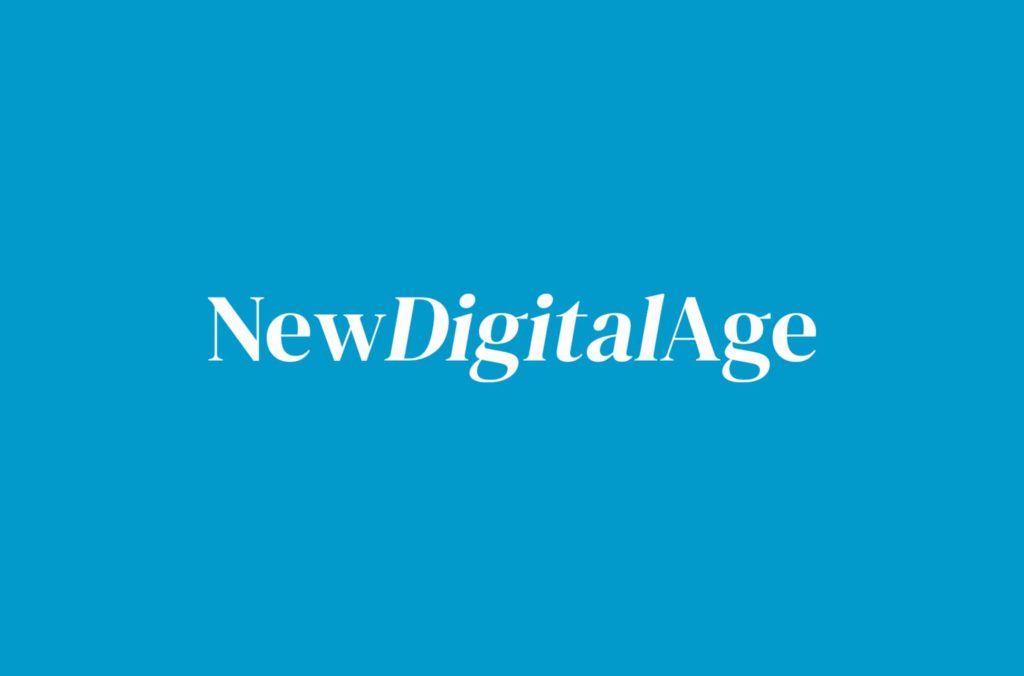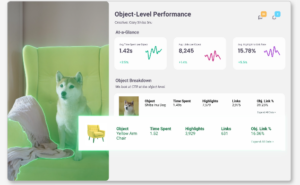By Kathryn Nixon, Head of B2B, Encore Digital Media
Video is an effective tool in building a brand, but it’s not the correct way to drive conversions. What many agencies may forget is that for video to work, there has to be a fundamental understanding about when and why it should be used; in the B2B space in particular, this is predominantly for awareness. Here are seven ways to maximise the effectiveness of your video marketing.
Mobile or desktop?
How your campaign is executed is key. Mobile-first environments, such as social media platforms like Facebook and Instagram, are increasingly delivering ROI for consumer brands where it’s quick and easy to view products in app and then click through to buy.
Desktop requires a different interaction with products; it’s a more considered and less impulsive search, therefore, video is perfect from a brand point of view on this channel but, it won’t necessarily lead to conversions.
Creative ready
Media owners and marketers have started to realise that they can quickly adapt the same assets used on desktop/mobile/tablet for Twitter/Instagram/CTV. This not only saves them time and money, it also means it’s easier to buy and sell across multi-channels. From here they can look to make their money go further.
New units and media
There are new units appearing all the time to utilise video — take CTV which wasn’t even considered a few years ago. As companies make it easier for media planners and buyers to join the pipes between all the different media channels, and serve ads accordingly, new opportunities to bolt on new integrations for media owners become available.
As our download speeds and ad units evolve, creative companies are able to add new integrations into their offering, essentially becoming an easy route to market for advertisers who want to plan and buy programmatic publisher, social, OOH, audio and CTV.
New audiences
The more channels that appear, the more new audiences there are to reach. A recent and very prominent one is a younger, non-cable subscribed audience.
However, video isn’t an easy win, nor is it something that can be dropped in and out of an advertising campaign; agencies must ensure that they learn from other brands that have got video spot on as well as making video an ingrained part of their overarching marketing plan.
More players?
Are there more video players in the market or are the big players just developing new products to make it easier for advertisers to spend their money on this media? It’s a bit of both.
Companies such as Twitter really understand the USPs which make their ads effective on their platform. Agencies should follow suit as these are universal for making video campaigns work for their money.
Capitalise on events
The next presidential election in the US has been tipped to push ad spend up in the US by a further 15%. Agencies should think about what tactical events there are throughout the year and utilise assets on video to capitalise these in a more engaging manner.
Best practice to ensure effectiveness
Forward planning: Think about what you’re trying to achieve from the video campaign and the best use of the client’s money to do this.
Size matters: Keep your videos short. The recommended length is 15 seconds, after









